Last week, I wrote an article titled, A Wise And Understanding Heart. In this article, I reported on my Bar Mitzvah speech in which I asked God for “A wise and understanding heart to discern between good and evil.”
Today, I read an article in Tricycle Magazine about The Power of Forgiveness by Gina Sharpe.
Gina is a co-founder of New York Insight Meditation Center, where she currently serves as the guiding teacher, and a core teacher at Insight Meditation Society in, Barre, MA. I have read many of her articles.
This one contains excellent teachings on forgiving ourselves and others.
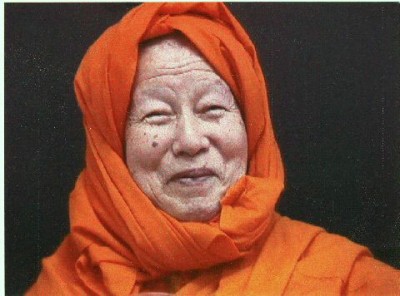 Her stories about Maha Ghosananda, a Cambodian monk, “the Gandhi of Cambodia,” who died in 2007 at the age of 78, are extremely moving. His teachings are known far and wide among Buddhists, especially vipassana practitioners.
Her stories about Maha Ghosananda, a Cambodian monk, “the Gandhi of Cambodia,” who died in 2007 at the age of 78, are extremely moving. His teachings are known far and wide among Buddhists, especially vipassana practitioners.
Maha Ghosananda used to walk with his monks on dangerous paths where there was known conflict. With the bullets flying overhead, they chanted, “Hate can never be appeased by hate; hate can only be appeased by love.” Soldiers were known to lay down their arms and kneel by the side of the road.
Maha Ghosananda was able to find forgiveness in his heart even though tens of thousands of monk and his entire family were lost in the wars.
What struck me about Gina Sharpe’s writing was her repetition of phrases like the one in my Bar Mitzvah speech. She writes,
Forgiveness releases us from the power of fear and allows us to see kindly with a wise heart. First, we need to understand forgiveness: then we learn how it is practiced, and then how we may forgive ourselves and others. The Buddha said, “If it were not possible to free the heart from entanglement and greed, hate, fear, and delusion, I would not teach you or ask you to do so.” The power of forgiveness releases us from the power of fear. Our practice of loving kindness can be enhanced by our practice of forgiveness, because it allows us to see with kind eyes and to rest in a wise and peaceful heart. In any moment, we can learn to let go of hatred and fear and rest in peace and forgiveness—it’s never, ever too late. But in order to cultivate a truly loving and kind heart, we need to develop the practices that cultivate and strengthen forgiveness and the natural compassion within us. Our ability to forgive allows us to make space for our ability to meet suffering—our suffering as well as the suffering of others—with a kind heart. [Emphasis mine.]
In the above quote, I have highlighted the essential words that link back to my desire for “A wise and understanding heart to discern between good and evil.” This article allowed me to see an extension of this desire to encompass loving kindness, compassion, and forgiveness.
The forgiveness practice in the Tricycle article consists of three parts: forgiveness from others, forgiveness for ourselves and forgiveness for those who have hurt or harmed us. Let me know if you would like to learn these practices.
Who do you require forgiveness from? What do you have to forgive yourself for?


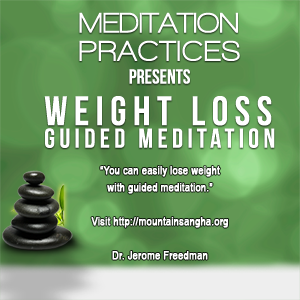


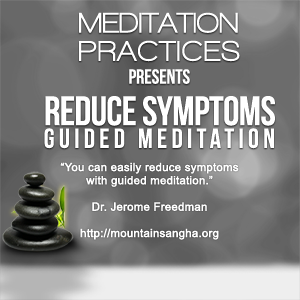
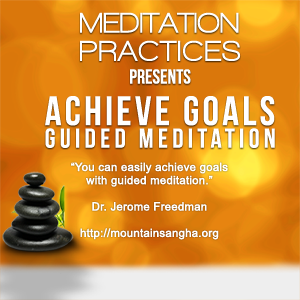
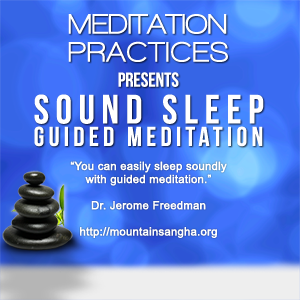
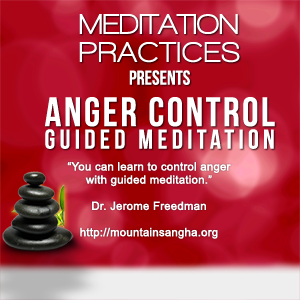



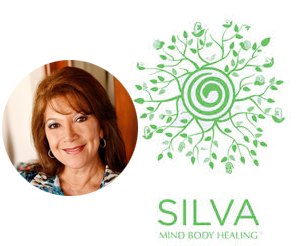
You must be logged in to post a comment.